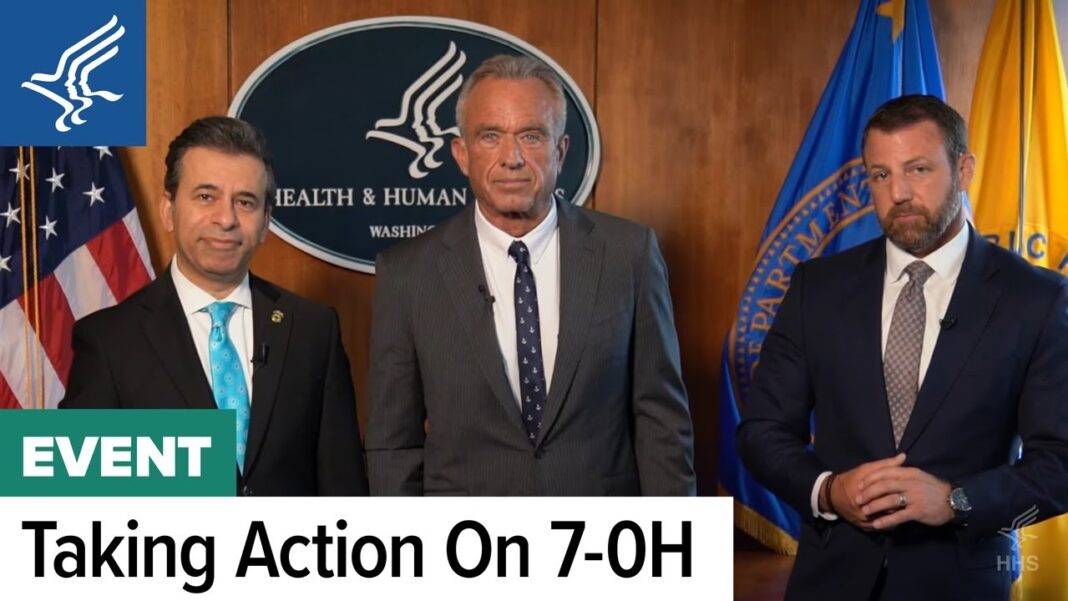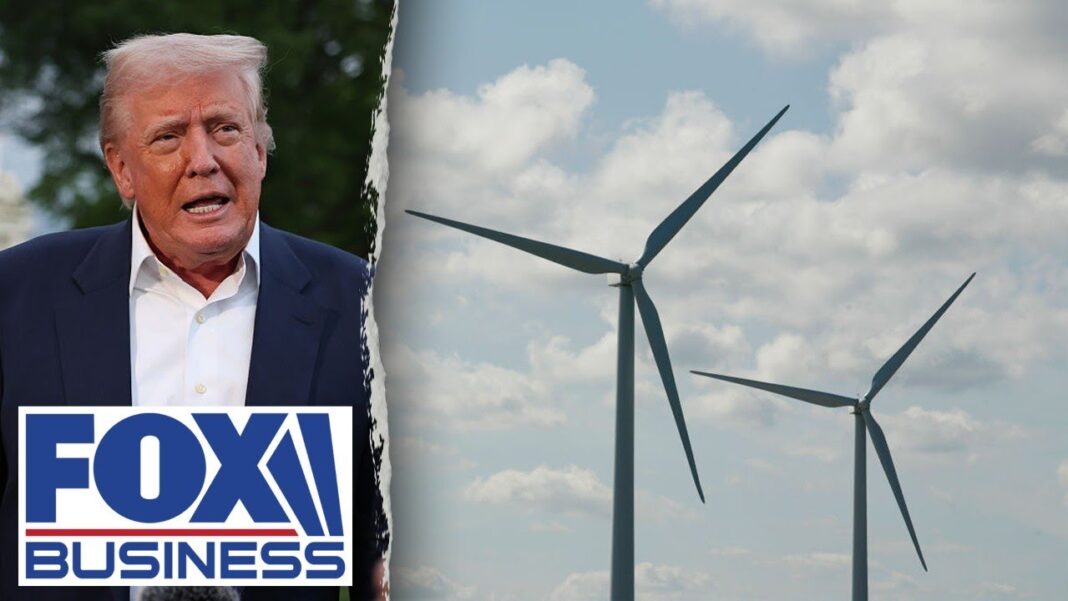The initiative has ‘nothing to show for it’ despite almost a decade of planning, stated the transportation department.
The Federal Railroad Administration (FRA) will cancel two grants worth more than $26 million for the Baltimore-Washington Superconducting Magnetic Levitation (SCMAGLEV) project, citing significant project delays and high costs, the Department of Transportation (DOT) said in an Aug. 1 statement.
The project proposed setting up a high-speed rail system based on superconducting magnetic levitation (Maglev) technology between Baltimore and Washington, at an estimated cost of almost $20 billion.
According to Northeast Maglev, a company involved in the project, the system would have allowed travel at speeds of 311 miles per hour, making the journey between Washington and Baltimore possible in just 15 minutes. It currently takes roughly an hour to travel between the two cities by car, according to data from Google Maps.
The rail system was to eventually be extended to New York, allowing travel from the Big Apple to the nation’s capital in an hour, compared to around four hours and 20 minutes by car at present.
However, “after nearly a decade of poor planning, significant community opposition, tremendous cost overruns, and nothing to show for it,” Transportation Secretary Sean Duffy decided to end federal involvement in the project and save taxpayer funds, DOT said.
The FRA has been involved in the project since 2016 and has seen numerous delays. The grant was obligated in 2016. Since then, the environmental review process for the project has been paused twice. Since August 2021, the review has been on pause.
In addition to the direct cost to the government, indirect effects of the project “would also impair critical infrastructure and ongoing agency missions,” DOT said.
Agencies harmed by the project would include the Department of Agriculture, Department of Interior—Fish and Wildlife Service and National Park Service, National Security Agency, and National Aeronautics and Space Administration, DOT added.
“We want big, beautiful projects worthy of taxpayer dollars—including high-speed rail. This project lacked everything needed to be a success, from planning to execution. This project did not have the means to go the distance, and I can’t in good conscience keep taxpayers on the hook for it,” Duffy said.
“We’ll continue to look for exciting opportunities to fund the future of transportation and encourage innovation.”







